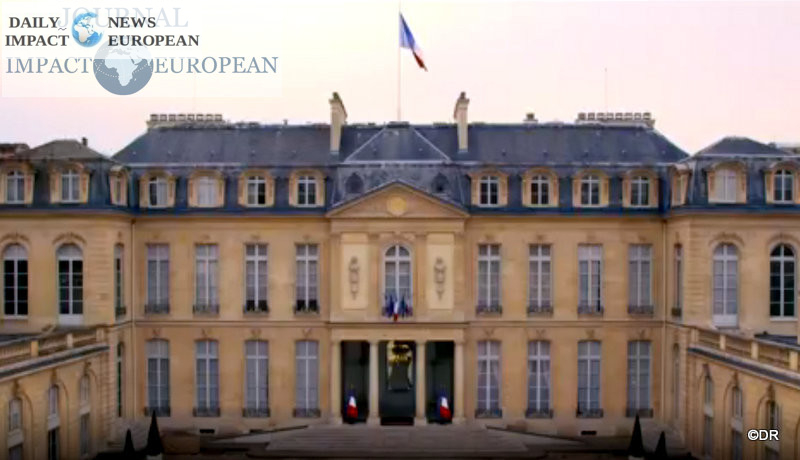But before taking office, each new minister will be subject to a full review by the High Authority for Transparency in Public Life (HATVP).
« First of all, it is a question of verifying the heritage of the people who are going to be appointed, the conflicts of interest that may have been theirs for the past five years, and that they are up to date on their tax obligations », explains Jean-Baptiste Soufron, lawyer for the anti-corruption association Anticor. « It is not a question of knowing whether they are rich or not rich, but of ensuring that they will not take advantage of their functions to enrich themselves at the expense of the French. »
According to the Elysee Palace, this government should have « around twenty ministers and deputy ministers ». The team led by Édouard Philippe included 16 ministers, three deputy ministers and 17 secretaries of state. According to a close friend of Emmanuel Macron, the announcement should also be made « in two stages », first the ministers, then the Secretaries of State. The president’s entourage also assured that there would be « new talents » and « personalities from different backgrounds ».
After a day of negotiations and suspense, Alexis Kohler revealed the composition of the new government, led by Jean Castex, this Monday, July 6 at 7:07 p.m. Eight new ministers or deputy ministers are joining the government, including Barbara Pompili for the Ecological Transition, Éric Dupond-Moretti for Justice, Roselyne Bachelot for Culture, and Élisabeth Moreno for Gender Equality.
Here is the composition of the Castex I government:
Jean-Yves Le Drian, Minister of Europe and Foreign Affairs
Barbara Pompili, Minister for the Ecological Transition
Jean-Michel Blanquer, Minister of National Education, Youth and Sports
Bruno Le Maire, Minister of the Economy, Finance and Recovery
Florence Parly, Minister of the Armed Forces
Gérald Darmanin, Minister of the Interior
Élisabeth Borne, Minister of Labor, Employment and Integration
Sébastien Lecornu, Minister of Overseas France
Jacqueline Gourault, Minister for Territorial Cohesion
Éric Dupont-Moretti, Keeper of the Seals, Minister of Justice
Roselyne Bachelot, Minister of Culture
Olivier Véran, Minister of Solidarity and Health
Annick Girardin, Minister of the Sea
Frédérique Vidal, Minister of Higher Education, Research and Innovation
Julien Denormandie, Minister of Agriculture and Food
Amélie de Montchalin, Minister of Transformation and the Public Service
Marc Fesneau, Minister Delegate for Relations with Parliament and Citizen Participation
Elisabeth Moreno, Minister Delegate for Gender Equality
Franck Riester, Minister Delegate for Foreign Trade
Emmanuelle Wargon, Minister responsible for Housing
Jean-Baptiste Djebbari, Minister Delegate in charge of Transport
Olivier Dussopt, Minister Delegate in charge of Public Accounts
Agnès Pannier-Runacher, Minister Delegate for Industry
Roxana Maracineanu, Minister responsible for Sports
Geneviève Darrieusecq, Minister Delegate in charge of Memory
Marlène Schiappa, Minister Delegate for Citizenship
Alain Griset, Minister Delegate in charge of Small and Medium Enterprises
Brigitte Klinkert, Minister responsible for Integration
Nadia Hai, Minister Delegate in charge of the City
Brigitte Bourguignon, Minister Delegate in charge of Autonomy
Gabriel Attal, Secretary of State and government spokesperson
Bruno Le Maire has been seen the field of his ministry extended with Economy, Finances and Recovery. He will be supported by three deputy ministers: Olivier Dussopt, in charge of Public Accounts, Agnès Pannier-Runacher, in charge of Industry, and a new entrant, Alain Griset, in charge of Small and Medium-Sized Enterprises.
Views: 1



More Stories
Georges Fenech, a Symbol of Renewed Youth, Finds Love Again and Gets Married
United Arab Emirates and Artificial Intelligence: Global Leadership and Strategic Partnerships with France
Premiere of « Gourou » at Pathé